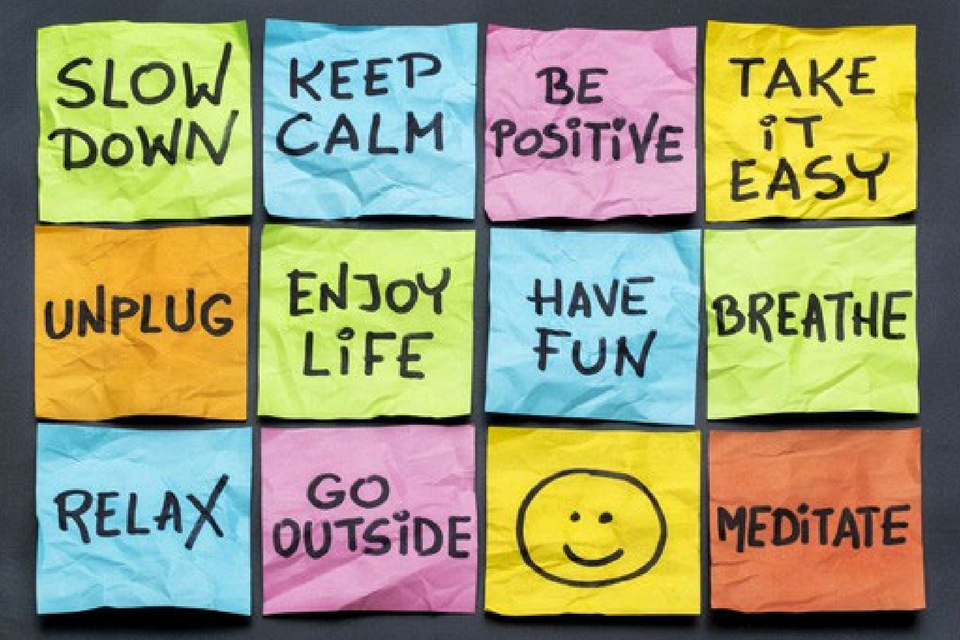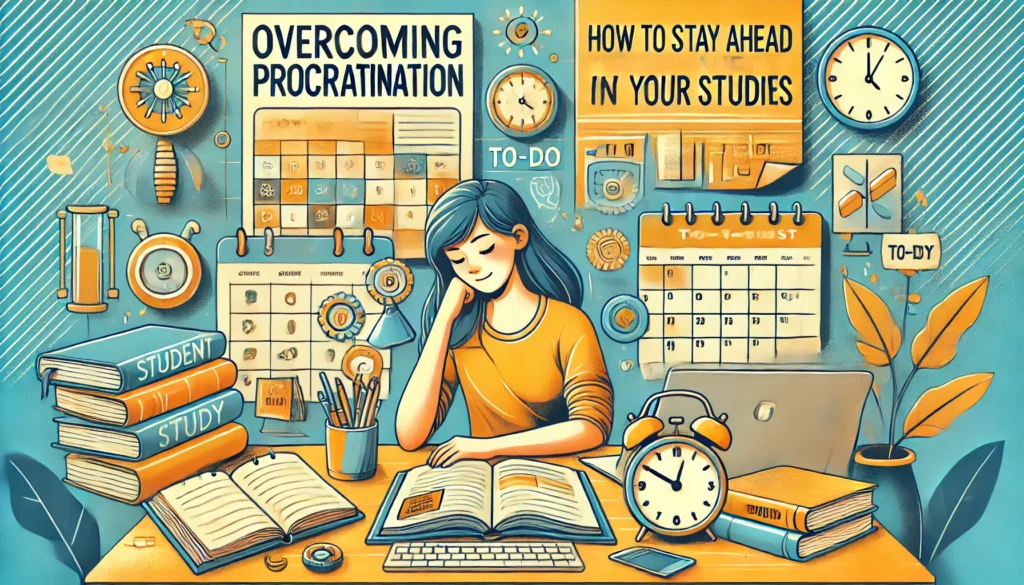Abstract: Are you feeling overworked? Learn how to manage academic stress through self-care techniques that improve productivity and protect your well-being.
Introduction: The Unseen Fight Against Burnout for Students
Imagine this, it’s 2 AM and your third coffee isn’t warm anymore, while looming deadlines occupy your screen. You are far from being alone. According to an APA study conducted in 2023, 80% students report feeling stressed and 45% report worsening mental health due to constant academic pressure. Striking a balance between attending lectures, completing assignments, working part time, and having a social life often forces self-care to the back burner. Self-neglecting is irresponsible and results in lackluster outcomes in school.
Now, we will share 5 actionable self-care strategies to ensure that you smash your academic goals while keeping your sanity in check.
5 Actionable Self-Care Strategies
1. Time-blocking: Prioritize Self-Care Like a Lecture
The Problem: Self-neglect leads to chaos. Without discipline and structure, work begins to seep into your weekends and even your nights.
The Solution: Assign meal, study, exercise and even rest to certain hours of the day by practice called time-blocking.
How to Do It:
- Take Google Calendar or a daily planner and start dividing your day into blocks. Eg. 9:00 am to 11:00 am is for studying, Lunch is at noon and Yoga is at 3.
- Add self-care non-negotiables: Schedule walks, meditation or hobbies like painting for 30 minutes.
Why It Works: A research in the Journal of Educational Psychology suggests that students practicing time-blocking experienced a 35% dip in stress levels and also enjoyed a 20% rise in GPAs.
Pro Tip: Go ahead and grab our completely free Time-Blocking Template to get started.
2. Productivity Apps: Delegate Tasks to A Virtual Assistant
The Challenge: Manually keeping track of everything saps your energy and escalates anxiety.
The Solution: Set automated reminders, track habits, and cut down on decision making using free productivity apps.
Top Picks:
- To-do-list: Prioritize your tasks like “Urgent Essay” or “Weekly Groceries” with color-coded labels.
- Forest: Cultivate virtual trees while studying. If you use your phone during your study session, your tree dies.
- Habitica: Self-care is now a game. Get rewarded for “Drinking Water 8x a Day.”
Case Study: Sarah, a nursing student, spent sleepless nights doing last- minute revision using Forest + Todoist. Now she has evenings free to sleep and watch Netflix.
Link to Productivity Apps: Check out additional options for clearing mental clutter.
3. The Pomodoro Technique: Study in Short Bursts, Make the Most Out of Every Minute
The Problem: Long study sessions grind your focus and leave little opportunity for self maintenance.
The Solution: Implement the Pomodoro Technique:
- Study for 25 minutes.
- Take a 5 minute break (Hydrate, stretch, or dance to your favorite song).
- After 4 cycles, take a 30-minute break.
Why It Works Research shows that taking a break improves focus retention by 40% (Cognition Journal).
Bonus: During breaks, step outside for a few minutes or practice a five-minute guided meditation to take care of yourself.
Link To Time Management: Learn how to study effectively.
4. Motivation Hacks: Celebrate Micro-Wins
The Challenge: Being on the grind for too long saps joy and energy.
The Fix: Reward yourself for small wins to stay motivated and avoid burnout:
- – Finished a chapter? Enjoy a smoothie as a treat.
- – Nailed a presentation? Indulge in a binge-fest of your favorite show.
Science Says: Micro- win celebration boosts motivation by 30% through dopamine release (Harvard Business Review).
Pro Tip: Combine rewards with motivation strategies like vision boards or accountability partners from our Motivation guide.
5. Flashcards + Active Recall: Study Efficiently, Free Up “You Time”
The Problem: Rote memorization wastes hours that can be used to recharge.
The Solution: Use active recall with Anki and Quizlet:
- Create flashcards with key concepts.
- Review during downtime (e.g. bus rides, coffee breaks).
Why It Works: Students utilizing active recall retain information 50% longer than passive learners (Psychological Science).
Link to Flashcards: Learn to build decks that minimize study time.
Real-World Success: How Alex Navigated Med School and Retained His Sanity
Alex was a second-year med student with a pile of anatomy notes and a clinical rotation schedule that made it impossible for him to keep up. He survived by:
- Scheduling gym time alongside study sessions.
- Doing Anki flashcards during the commute.
- Dedicating every other weekend to hike after an exam.
Result: He did better in school and finally started sleeping 7 hours a night.
Conclusion: Self-Care Isn’t Selfish—It’s Self-Care
You can’t pour from an empty cup. By blending tech time, time-blocking, and efficient study techniques of self-care, the golden balance of well-being and academic performance can be achieved.
Your Next Steps:
- Grab a copy of our Free Self-Care Planner (includes time-blocking templates and habit trackers).
- To take back control of your schedule, check out our Time Management tips.
- Book a 1:1 coaching now to develop a tailored balance plan.


